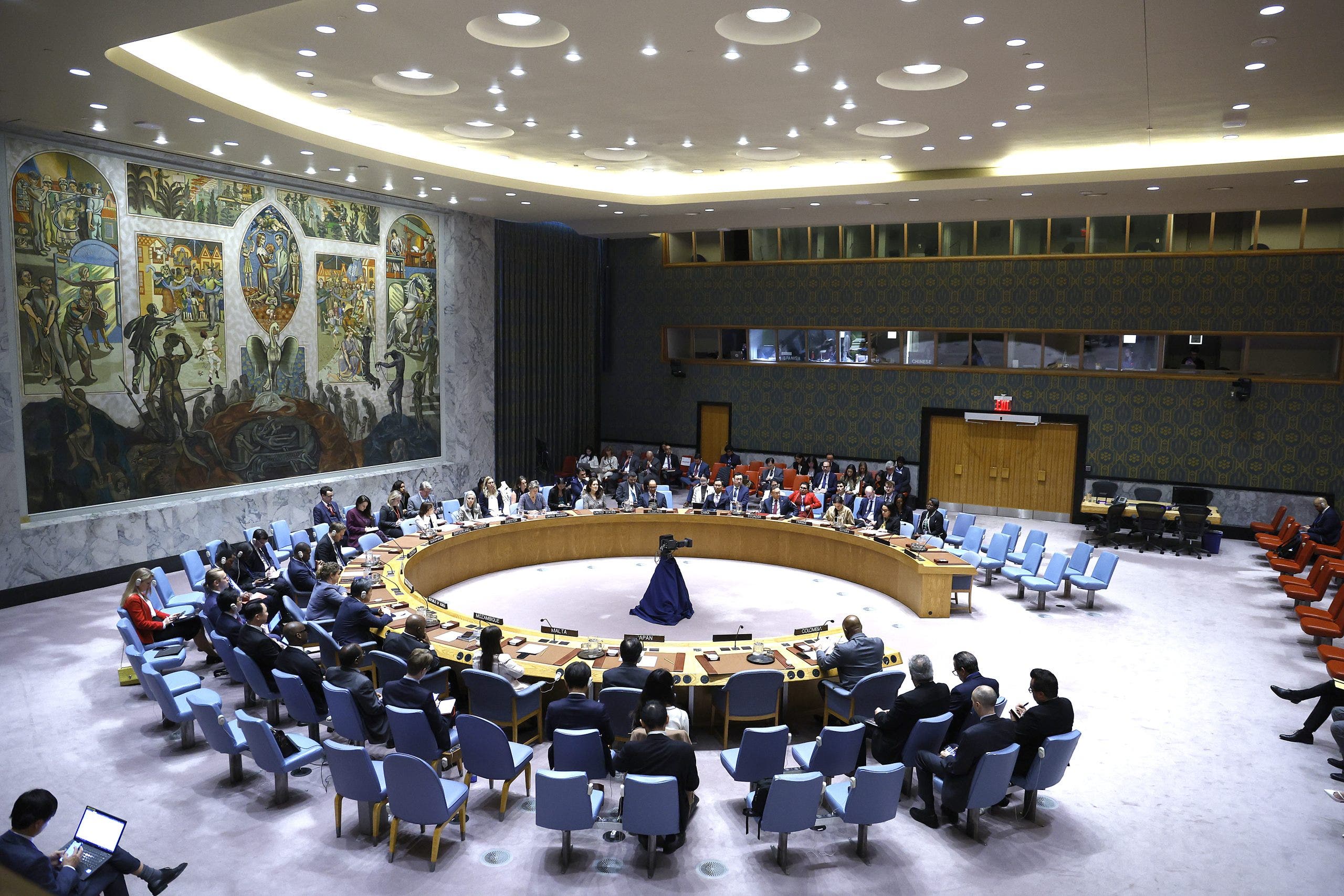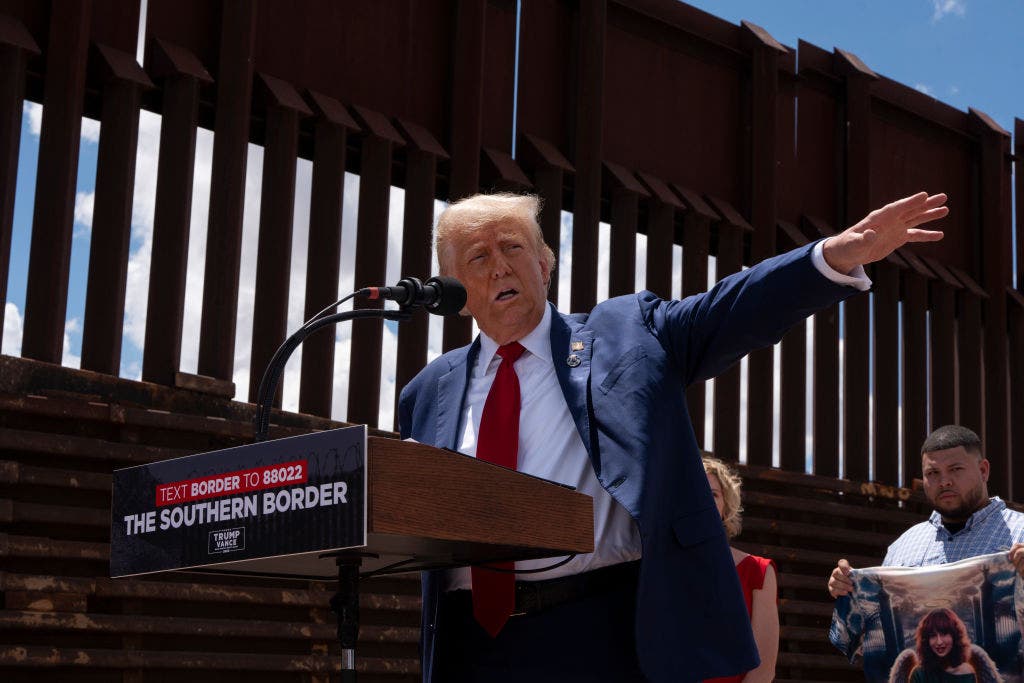Secretary General António Guterres said he learned of his death “with great sadness” and described him as a “humble man of prayer and study”.
defender of human rights
“Fundamental in his faith, tireless in his quest for peace, and resolute in his defense of human rights, he was a spiritual leader for millions around the world and one of the leading academic theologians of our time.”
Pope Benedict XVI, formerly Cardinal Joseph Ratzinger, rose to the ranks after his election in 2005 and became the first pope to resign in six centuries. The Vatican announced that the funeral of the celebrated German theologian will take place in St. Peter’s Square.
His successor, Pope Francis, said at a New Year’s Eve service in the Vatican that Benedict will be fondly remembered “with emotion, we remember his person, so noble, so kind. And we feel so much gratitude in our hearts.”
Visit to the UN Headquarters
In his statement, Mr. Guterres recalled the former Pope’s visit to the UN headquarters in 2008 and his call to “build international relations in such a way that every person and every people feels they can make a difference”.
The UN chief said his “powerful calls for solidarity with marginalized people everywhere and his urgent appeals to close the growing gap between rich and poor are more relevant than ever”.
Pope Benedict XVI meets United Nations staff during his visit to United Nations Headquarters in April 2008. (File photo).
“Persistent Commitment to Nonviolence”
The general secretary offered his deepest condolences to all Catholics “and others around the world who have been inspired by his life of prayer and his steadfast commitment to non-violence and peace.”
According to media reports, Benedict’s body will be buried in St. Peter’s Basilica on Monday, giving the Catholic faithful a chance to come and pay their respects.
Benedict was ordained a priest in 1951 and archbishop of Munich and Freising in 1977. Four years later, as head of the Congregation for the Doctrine of the Faith, he took over from the powerful executor in the Vatican and defended ecclesiastical orthodoxy.
When he resigned in 2013, citing his failing health, he said he did so voluntarily “for the good of the church” and retired to spend his days in a monastery located on Vatican grounds.





